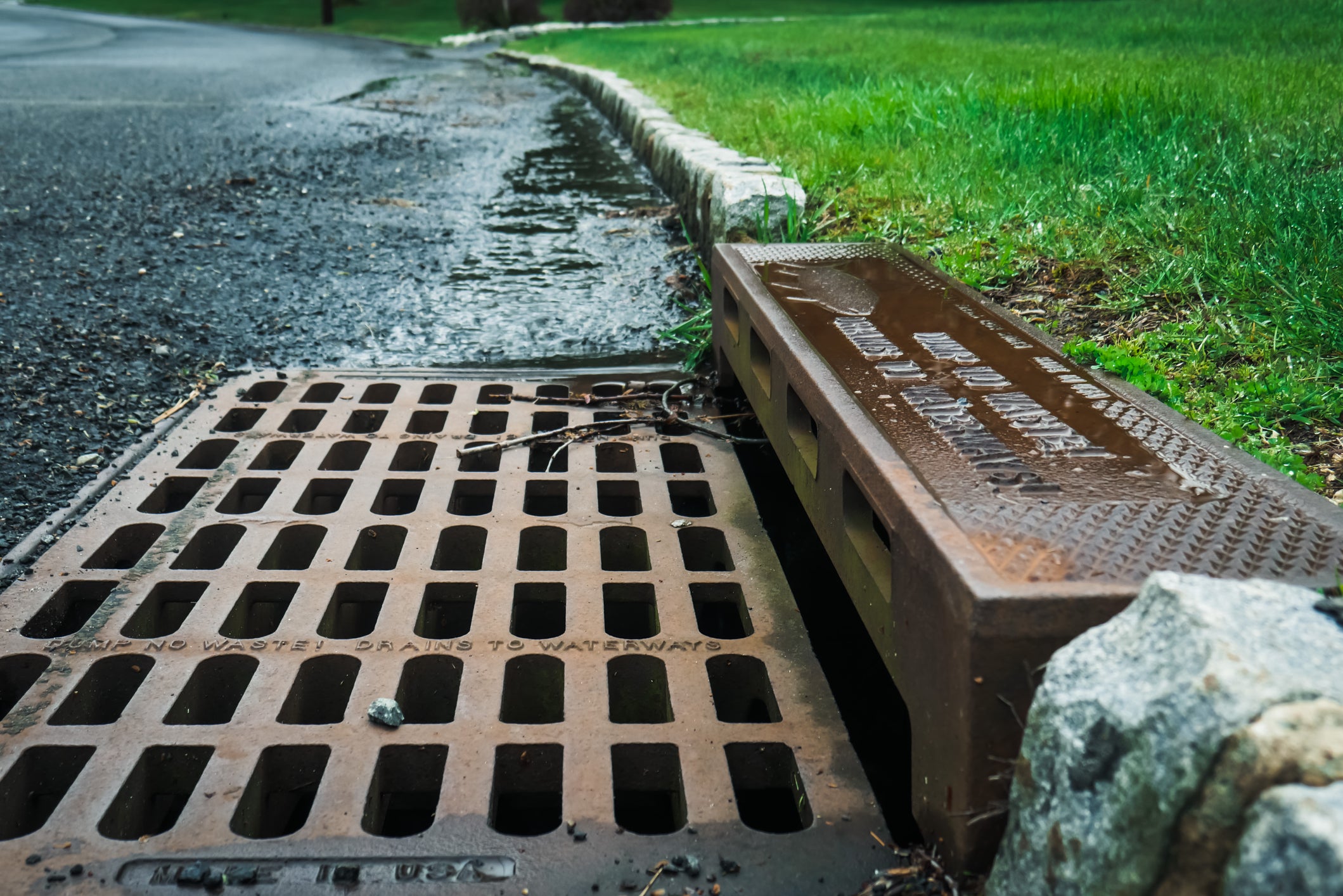Augusta’s stormwater fee was enacted in 2016 as an extra measure to combat flooding and the money is given directly to the Engineering Department as an extra fund source for drainage and flood abatement.
However, over time, members of the community and some commissioners have complained that there is still standing water during heavy rains, yards get flooded, especially in the Harrisburg neighborhood and storm drains are clogged with vegetation making the flooding worse.
On Tuesday, members of the Augusta Engineering Committee listened to a presentation from engineering department employees then debated conducting an audit as to how the department spends funding collected from the stormwater fee. Ultimately, the committee accepted the presentation simply as information and took no action.
District 10 Commissioner John Clarke, who is spearheading the proposed audit, has even alleged he has seen storm water employees cutting grass on private land.
MORE: State tax revenues strong in August
Oscar Flite III, stormwater service manager, attempted to dispel several misconceptions and explain how the stormwater abatement system works.
The fee pays the salaries for 82 employees who are in charge of cleaning gutters, inspecting every storm drain in the city every five years, managing the mosquito control program and cutting the grass on medians and along large roads such as Riverwatch Parkway.
“People have complained about cutting the grass on the side of the road. Cutting the grass on the side of the road is part of the stormwater system and the idea behind that is roads are designed to flow water off the side of the road, and if you have vegetation on the side of the road, that water is not going anywhere and cars can’t pass,” Flite said.
According to Flite, the stormwater fee was designed to work on areas and infrastructure owned by the city and that his crews are not allowed to come out and work on stormwater abatement on private property.
The need for a separate stormwater unit was made clear after the flood of 1990, Flite said, which killed four people, flooded homes near Rae’s Creek, totally destroyed Augusta National’s famous Amen Corner and left the entirety of downtown Augusta underwater.
While Augusta has been prone to flooding, by 1990 most people felt the combination of Thurmond Dam and Augusta’s levee meant the city would experience widespread flooding again.
However, according to past press reports, in October 1990, the area experienced almost 15 inches of rain in a 24-hour period. While the levee did its job, the Augusta Canal overflowed its banks and in other areas near creeks, the stormwater system simply could not handle such a surge.
According to Flite, the stormwater fee has led to the rehabilitation of infrastructure and helped implement a watershed master plan.
MORE: South Carolina senators reject a near-total abortion ban
Several commissioners were not impressed with the presentation. District 4 Commissioner Al Mason wondered aloud why the department needed so many employees and asked how many were administrative as opposed to out in the trucks doing the work.
Clarke renewed his call for an audit.
“I would like to say something good about the stormwater program, I think it’s a good program, but I don’t think it is doing what it was fundamentally designed to do,” Clarke said.
District 6 Commissioner Ben Hasan stood up for the program and said he feared talk of an audit was just a precursor to eliminating the program altogether.
“I think the stormwater fee came in with a bad image and it’s never been able to outrun it,” Hasan said.
As the committee adjourned, an unidentified citizen approached the Dais claiming he had a signed petition in favor of the audit. The meeting, however, had already adjourned, and his material was not accepted.
Scott Hudson is the senior reporter for The Augusta Press. Reach him at scott@theaugustapress.com










